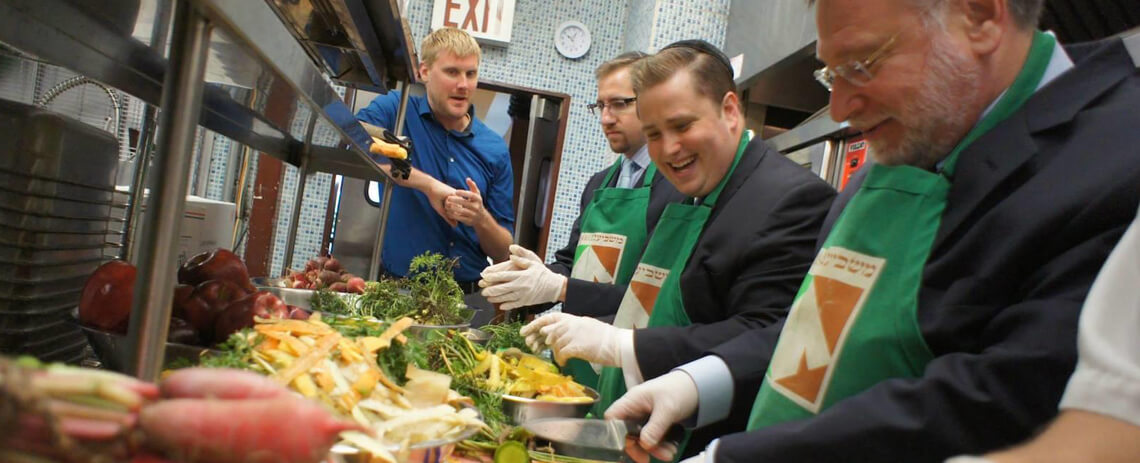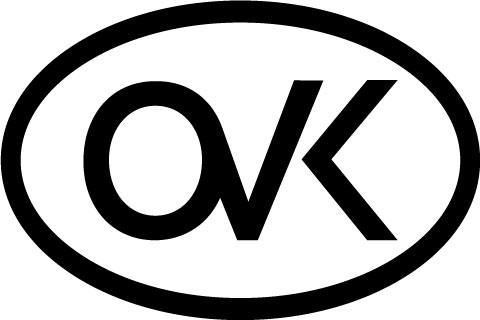There are hundreds of millions of restaurants, hotels, and other kinds of eateries and bakeries in the US. Many feature traditional American cuisine, which is broadening its boundaries and becoming as diverse as the people who settle here. Other eating establishments, most notably bakeries and bagel shops, are owned and operated by a person who is an observant Jew. This means that they adhere to the customs and traditions of the Jewish faith and run their business in a like manner. If a non-Jewish hotel or restaurant is scheduled to host a Jewish celebration, like a wedding or Bar Mitzvah for example, but doesn’t have a Mashgiach on staff, then the facility will allow a Mashgiach to be on premises for the event.
So, what does this mean? It means that these Jewish entrepreneurs have a Mashgiach who is a significant part of the kitchen staff. Most practicing Jews would agree that he is even more important than the chef. The Mashgiach must be an outstanding, righteous person who is highly respected in their community. The mashgiachs responsibility is to ensure that the food that his people ingest is spiritually pure (it has been prepared according to the laws of kashrut) and will not damage his people spiritually. Observant Jews believe that eating non-Kosher foods is detrimental to their spirit and relationship with God. This is why the Mashgiach is so important.
The Mashgiach oversees and confirms that all the products and produce items that go in and out of the kitchen are kosher. But, don’t let that fool you, reviewing every piece of food is no easy feat, and it is a tedious and stressful job. Jewish restaurants and hotels must follow and meet the US Department of Health guidelines and regulations as well.
The Mashgiach ensures that every item is kosher, from the kosher meats to the last leaf of lettuce. This means that even though a product may have the hechsher symbol on it, it still needs to be “inspected” and the ingredients must be kosher. Some of the ingredients that deem an item unkosher is gelatin, lard, or insects that were not properly rinsed off the lettuce or another produce item. A Mashgiach also observes food preparation and guarantees that it is in keeping with the Jewish law. For example, meats must be prepared separate from dairy, and the utensils must not be used interchangeably. If there is a discrepancy in the food preparation or in some of the items that are being ordered, and the Mashgiach does not feel that they meet his kosher standards, then he will speak to the manager of the establishment to remedy the problem.
As you can see, the Mashgiach is vital to safeguarding the integrity of the eating establishment. He makes every effort to ensure that kosher foods are being served to his extended Jewish family and friends and that they are staying spiritually happy and healthy.


